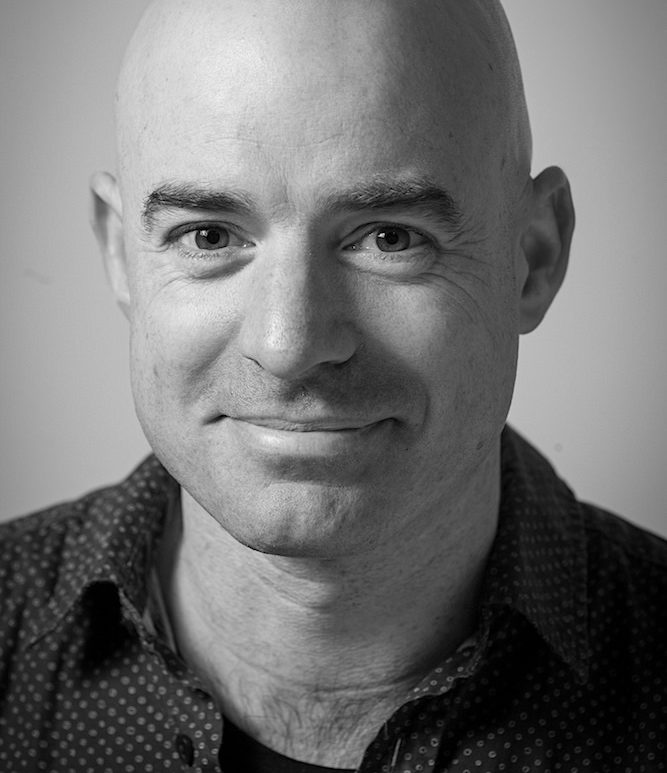
It came from an animal market in Wuhan, China. But this pathogen belongs to us all. Our continual destruction of ecosystems has disrupted wild animal populations and put them into closer contact with us and our livestock. This increases the chance of a virus jumping from animal to human host. Once established in human populations, the hyper-connectivity of globalisation allows it to rapidly spread. Covid-19 has in less than six months gone from infecting a handful of people, to a global pandemic. We are all now much more knowledgeable about exponential growth. But even then, the numbers stubbornly resist comprehension. 80% of the global population may become infected. Tens of millions of people could die as a direct consequence of Covid-19. Satellite photographs of mass graves being dug in Iran give us a glimpse of a terrifying future.
Complacency has suddenly been replaced by a desperate scramble to limit impacts. Recent extraordinary developments in the UK saw a single modelling study produced by a team at Imperial College London completely up-end the UK Government’s approach. Prior to this, the Government was assuming that it would be able to “flatten the peak” of infections and mitigate its harm as it swept through the population. The bombshell dropped over the weekend was that this was on course to produce over a quarter of a million deaths in the UK. However, while the Imperial College study made headlines around the world, the science has not significantly changed. Indeed, scientists have been sounding the alarm for months. What’s changed is the political response to such science. Unfortunately, such political developments do not go far enough.
There have been much more aggressive responses to the virus adopted in China, South Korea, Taiwan and Hong Kong. They have managed to suppress particular outbreaks. Various reasons are offered as to why such successes cannot be replicated here in the UK. It is argued that such measures can only work in tightly controlled societies. Or, once relaxed, the outbreak will surge again. But these are speculations not facts. There is vast uncertainty as the properties of the viral foe we are facing. Instead of engaging with these vital matters, we are told we must steel ourselves for many apparently unavoidable personal tragedies. When the Prime Minister said “Many more families are going to lose loved ones” he did not elaborate why. The political assumption is that we cannot afford to implement much more effective methods. Why is that assumption not being challenged?
We appear unable to even imagine the social, economic and political changes that would keep people safe. In that respect the Covid-19 crisis is a fundamental failure of our ability to imagine doing things differently. Just like the challenge climate change confronts us with, we can only perceive incremental change. Even when disaster is staring us in the face.
Well, no longer. We are facing the greatest social disruption at any time since the Second World War. The global economy is in the process of being powered off. Entire countries are being locked down. You can feel the tectonic plates of our globalised, industrialised civilisation shifting. Events unthinkable just a few days ago are now being seriously discussed. It may be the case that the most ideological right-wing UK government for decades will implement a form of universal basic income along with suspension of rent and mortgage payments.
But we need to go much further. Now is the time to seriously address some fundamental questions. What is the economy for? How should its benefits be distributed? What constitutes a good, productive, flourishing life? How much do we value human life? Assumptions hidden within our societies for many decades are coming to light. Assumptions, that if they are not rapidly changed, could prove to be lethal to an unimaginable number of people.
